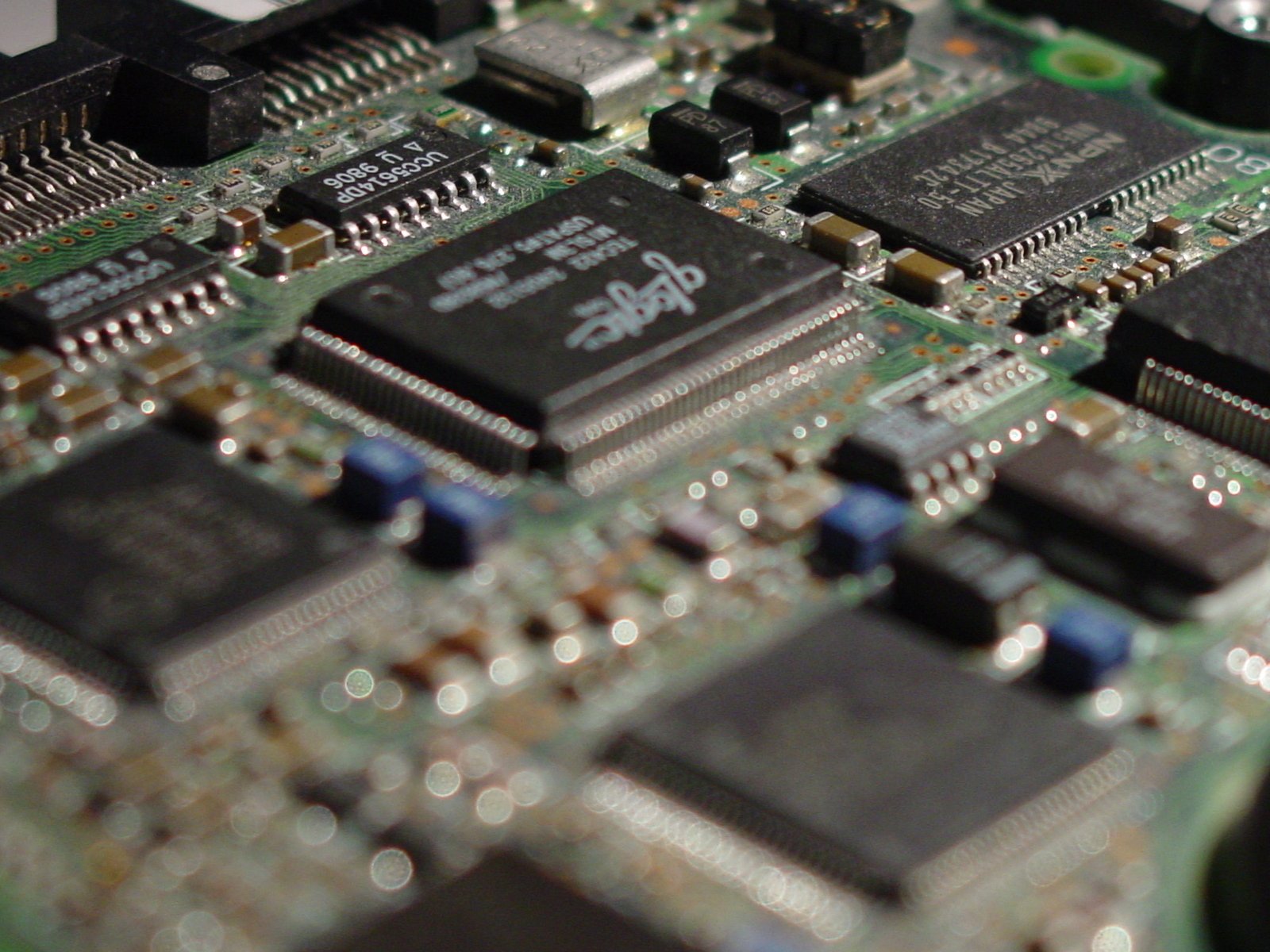

THE US has changed after the Federal Circuit and Board (PTAB) started invalidating software patents en masse. It changed for the better. As we noted last month, the patent microcosm blames everything negative in the US (decline in rankings pertaining to science) on AIA, which is responsible for PTAB (and thus IPRs). Sometimes they also lump in SCOTUS (with Alice). It's laughable and we already wrote some rebuttals to their arguments, which are worse than shallow. They rely on no concrete evidence, as we shall explain in a moment.
"...the patent microcosm blames everything negative in the US (decline in rankings pertaining to science) on AIA, which is responsible for PTAB (and thus IPRs)."The High Tech Inventors Alliance, a front group for several large technology companies, defends PTAB. "Data contradicts the claims made by some that #patent reform has harmed innovation," it wrote a few days ago. "Since the introduction of the IPR review process and the Supreme Courts Alice decision, innovation in the United States is flourishing."
This is empirically true. Here is the corresponding article from John Thorne, who describes himself as "general counsel of the High Tech Inventors Alliance, a coalition of top technology companies supporting balanced patent policy and collectively holding more than 115,000 patents."
From the article:
On Friday, a group claiming to represent the nation’s small inventors will demonstrate at the Patent and Trademark Office (PTO) building. They will call for an end to the PTO’s Inter Partes Review (IPR) process, a procedure for taking a second look at the validity of patents. Some of the speakers will be genuine small inventors. But behind those little guys will be the big dollars of the biggest big-guy exploiters of the PTO’s missteps and mistakes.
[...]
The IPR was established in the 2011 bipartisan America Invents Act to restore integrity to what had become a too-often-broken patent system. The Act’s goal was to improve patent quality. It established an inexpensive, easy-to-access route for challenging patents that should never have been granted. The cost and slowness of always going to court had made appeal of bad patents too unreliable. The IPR was to fix that. Today, six years later, it is clear that it has worked.
Consider these facts. Almost 70 percent of this year’s challenged patents are in “high tech,” that is software, hardware and networking technologies. High tech is widely acknowledged to suffer from patent quality problems.
Then, too, a majority of those challenged high tech patents are owned by what are called “non-practicing entities,” otherwise known as patent trolls. These are companies that do not actually try to take patented ideas to market. They may acquire unused patents or they may patent general or obvious ideas — like the basic credit card and podcast patents that I mentioned — and use them to shakedown those who inadvertently stumbled into their unjustifiably patented territory, patent traps.
Innovation can come from anywhere—large established companies, individuals, and of course, small startup businesses. The innovation from startups can ultimately create new established companies. Many of today’s household names—Amazon, Google, Facebook, Intel—started out as a couple of founders and one innovative idea. So, if we want to see if innovation remains an important part of the American economy, looking at startup activity is a good place to—if you’ll pardon the pun—start.
"They want people to think of everything in the US in terms of patents. They just see "patents" in everything."Now, linking to Watchtroll, the "Innovation Alliance" (just a front group not for innovation but 'patentism') says "AUTM finds 37% of #highered startups are failing. What’s behind this “ominous trend”? The weakening U.S. #patent system."
This is nonsense. It's already debunked above. It's not a study. It's propaganda and it's commissioned by those from the religion of 'patentism'. They want people to think of everything in the US in terms of patents. They just see "patents" in everything. We wrote about it last weekend.
"Biggest surprise from yesterday's @uspto PPAC meeting," IAM wrote, "was acting head Matal's disclosure that #patent filings in the US are up 5.4% y-o-y in first 3 months of current fiscal year. Sounds like no one was expecting it..."
"Where is the actual evidence that it's declining? Filings are at record highs, technology companies are pleased with the status quo, so who is it that's complaining? The litigation 'industry', including patent trolls."We wrote about that meeting (Patent Public Advisory Committee) just now in relation to David Ruschke; I responded to IAM by saying: "Where are the maximalists who always moan that AIA damages the US patent system?"
They claim that patents are being crushed, but that clearly isn't the case, is it? At the same time IAM released this article titled "If we fail to protect intellectual property, we destroy innovation" (again, the same old drama/alarmism about "innovation" being "destroyed").
So-called 'IP' (e.g. patents or trademarks/copyrights etc.) is not about innovation but about protectionism. But let's pretend it's really all about innovation. Where is the actual evidence that it's declining? Filings are at record highs, technology companies are pleased with the status quo, so who is it that's complaining? The litigation 'industry', including patent trolls. ⬆